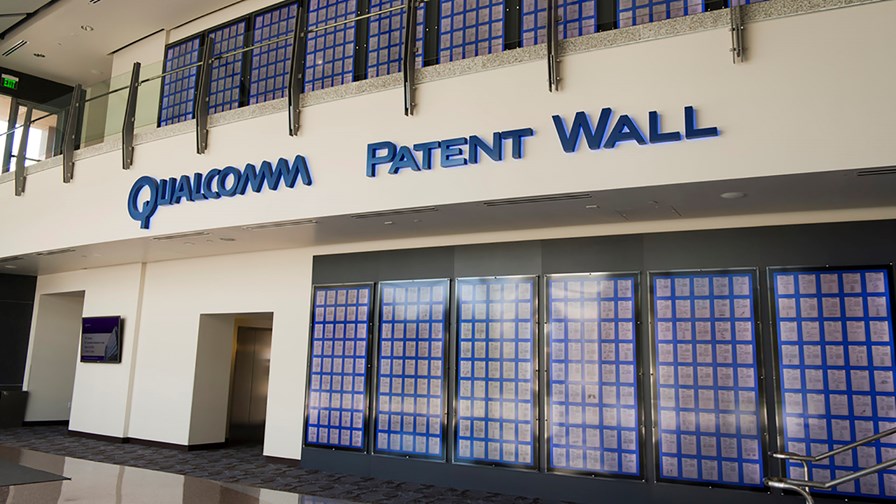
© Flickr/CC-licence/Vincentt
Last night, Qualcomm bowed to the inevitable and agreed terms with China’s National Development and Reform Commission (NDRC) to end its 14 month investigation into anti-monopolistic practices in China. How much actual negotiation was involved is uncertain, but its does appear that meetings between the two sides took place last Friday.
As it turned out, Qualcomm escaped with a fine equal to 8 per cent of its sales in China for 2013, which worked out at $975 million. However, it could have been higher (just), with the NDRC able to fine companies a maximum of 10 per cent of sales. Apparently, it was awarded the reduced fine because it cooperated with the investigation.
“Issuing the fine was not our primary purpose,” said Xu Kunlin, head of the NDRC's anti-monopoly bureau, as reported by Sina.com. “Our purpose was to restore orderly, free-market competition. Qualcomm's practices had stifled innovation.”
The huge fine wasn’t the only consideration, as Qualcomm has to agree to a number of changes to its business practices in China. The changes enforced on the company concern patent and licensing arrangements and will mean that Qualcomm must offer licenses to its current 3G and 4G essential Chinese patents separately from licenses to its other patents. There’s also an agreed royalty calculation:
- 5 per cent for 3G devices (including dual 3G and 4G devices)
- 3.5 per cent for non-CDMA or WCDMA 4G-only devices
What’s more, the royalty rate will be calculated on 65 per cent of the net selling price of the device, rather than the full amount – a decision that must have sent the champagne corks popping at the offices of Xiaomi and Huawei. This is a highly unusual ruling and could well have implications for Qualcomm’s business deals outside China in the future.
Although Qualcomm said its was “disappointed” with the results of the investigation, it has agreed not to pursue further legal proceedings contesting the NDRC’s decision.
“We are pleased that the resolution has removed the uncertainty surrounding our business in China, and we will now focus our full attention and resources on supporting our customers and partners in China and pursuing the many opportunities ahead,” said Steve Mollenkopf, CEO of Qualcomm.
In a statement on its website (apologies if the translation is a little off), the NDRC said that “Qualcomm refused to provide patent lists to its Chinese customers and its charges included out of date patents,” resulting in “unfairly high prices” being charged. It also said that Qualcomm was “attaching unreasonable conditions to its baseband chip sales”.
However, in settling the dispute, the NDRC said it “welcomes Qualcomm’s continued investments in our country.” With half of its profits coming from China, Qualcomm had little choice but to cooperate. It has now discovered what can happen to a big fish when it leaves its small pond.
Email Newsletters
Sign up to receive TelecomTV's top news and videos, plus exclusive subscriber-only content direct to your inbox.




